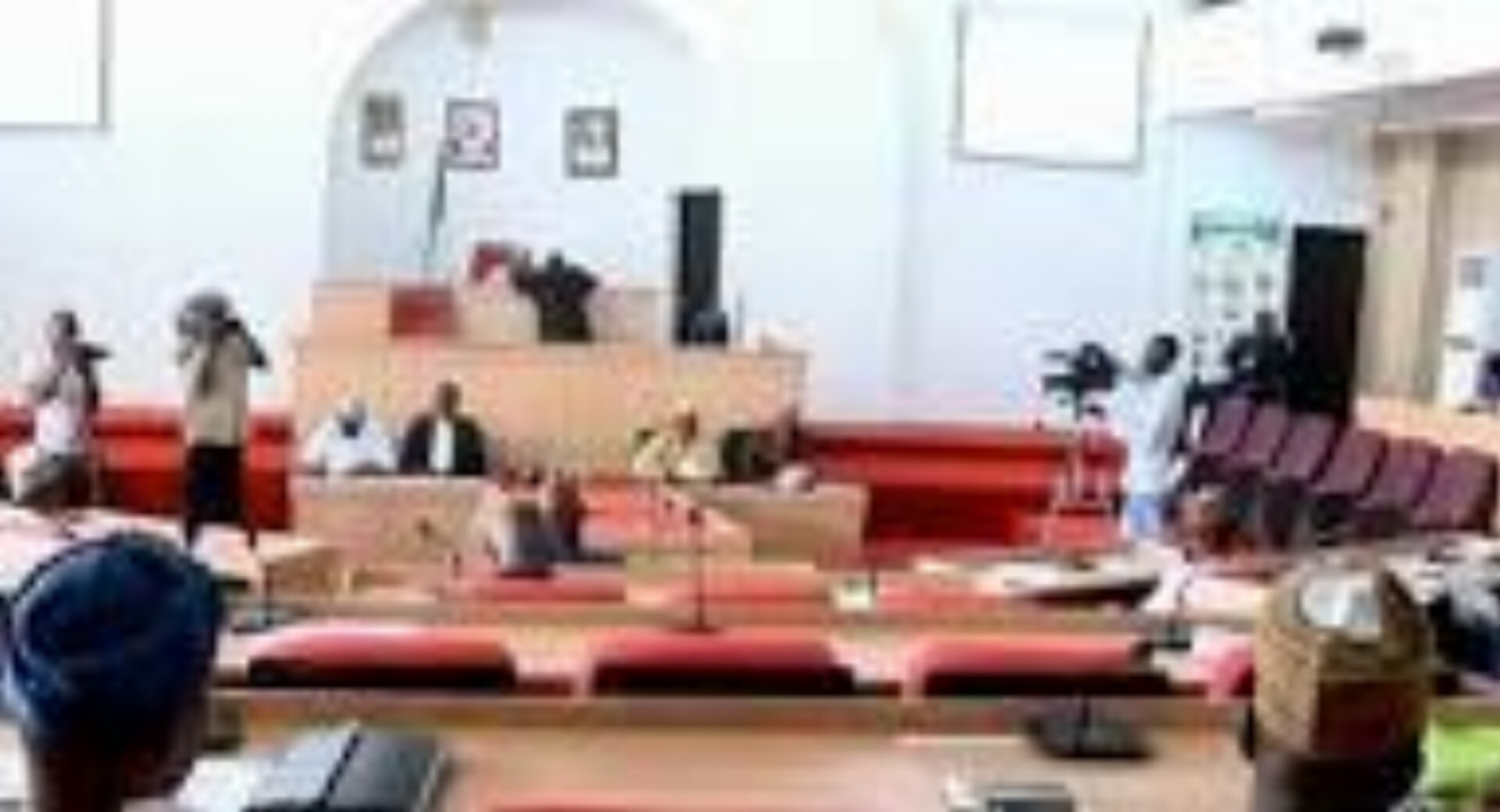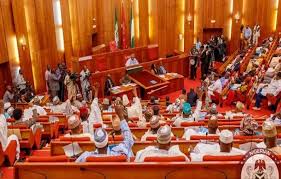***Pays courtesy call on SMEDAN DG
The Chairman Senate Committee on Local Content, Senator Natasha Akpoti-Uduaghan, on Thursday, made a strong case for the development of Local industries through creation of a market for local manufacturers rather than just training them in their existing skills.

She spoke when she met with the Director General, Small and Medium Enterprises Development Agency of Nigeria (SMEDAN), Charles Odii, to make case for the growth of local factories and the manufacturing of made-in-Nigeria products.

The meeting, also attended by Senator Ede Dafinone, Vice Chairman of the Senate Committee on Local Content, focused on developing local content, investing in local manufacturers, and strengthening homemade products to boost the economy and create jobs for youth.


Senator Akpoti-Uduaghan emphasised the need to support local manufacturers and promote made-in-Nigeria products, highlighting the potential of local products like handwoven fabrics (popularly known as Kitipa in Ebira parlance), which can be used to produce shoes for military, paramilitary, and Corps members. This, she noted, would reduce importation and boost the economy.
“You cannot teach a local person how to make shea butter or black soap. They already know it. But what they need is market and access to finance.
“Local manufacturers need training on how to access markets and brand their products for international export. They already possess the skills, but need guidance on branding and marketing,” she stated.
Senator Akpoti-Uduaghan cited examples of successful international partnerships, such as the French cosmetics company L’occitane and Burkina Faso’s Shea butter industry, and Zara and Ethiopia’s cotton industry. She suggested that Nigeria could similarly partner with international brands like Prada or Louis Vuitton to boost its leather industry, creating revenue and downstream sectors.
The lawmaker criticised the government’s ‘50,000-era enterprise’ initiative, stating that it does not effectively support local industries.
She also emphasised the need for agencies like SON and NAFDAC to be more accessible and responsive to small-scale businesses.
By harnessing the local content of every part of the country, growing and strengthening it to produce in commercial quantity for local consumption and export, Senator Akpoti-Uduaghan believes that Nigeria can create more jobs, reduce importation, and boost the economy.
In his remarks, the SMEDAN boss promised to create a viable market for local content industry by working closely with the National Assembly to encourage local manufacturers to boost the local products that are needed in the country and valued outside the shores of Nigeria.




